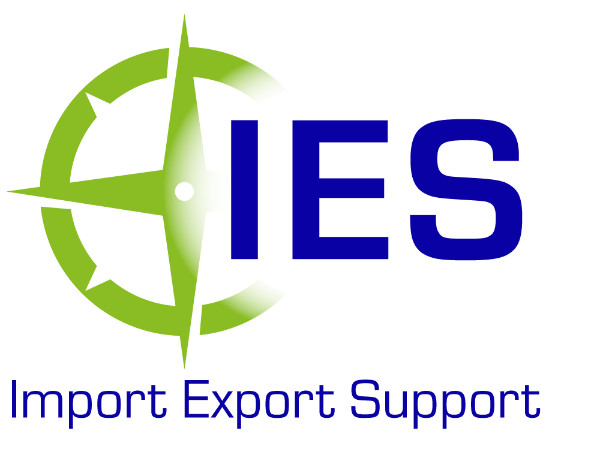Comprehensive Guarantees
Customs Comprehensive Guarantee (CCG) requirements due to the introduction of the Union Customs Code (UCC)
– Take effect from 1 May 2016
– Required to cover both potential and actual debts. The applicant must produce calculations to support the reference amount. These will need to be apportioned between actual and potential debts
– Businesses can continue with any current arrangements. However, all UCC guarantee requirements will need to be implemented by 1 May 2019 at the latest.
– Businesses will need to apply for an authorisation to hold a CCG prior to issuing an authorisation HMRC will carry out the following assurance checks – 3 years (if available)
- Be established in the European Union (EU)
- No serious or repeated infringements of customs or tax rules
- No record of serious criminal offences related to your business activities
- Competent in relation to your business activities.
– Application forms won’t be available until after 31st March 2016
– A financial guarantee must be obtained from one of the approved financial institutions. A list can be found here for British Bankers’ Association and Financial Conduct Authority.
– As of 1st May 2016 any new authorisations and approvals for customs special procedures listed will be required to provide a guarantee immediately.
- Inward Processing (IP)
- End Use
- Customs warehousing
- Outward Processing (OP)
- Temporary Admissions
- Temporary storage.
Deferment Accounts
– Current Deferment account can continue to operate without any change unless the deferment guarantee is amended or replaced.
– From 1 May 2016 only businesses this deferment guarantee by be reduced by 70%, dependent on the business holding AEOC status.
Current Customs Warehousing & CFSP approvals
– As of 1 May 2016 businesses with an existing warehouse or CFSP authorisation will be unaffected by the requirement to have a CCG. HMRC have until 30th April 2019 to re-assess all these traders following which the mandatory guarantee requirement will apply. This guarantee can be waivered provided the trader meets AEOC criteria.
The difference between meeting AEO criteria & being authorised AEO
There’s little difference apart from the areas where authorisation is a specific requirement. The main difference is that in most cases only some of the AEO criteria have to be met, perhaps only 2 or 3 of the basic conditions.
Monitoring
The business will be responsible to:
- Calculate & monitor the reference amount against customs activities
- Ensure sufficient coverage by the appropriate guarantee method
- Consider alternative options of methods of payment, for example individual guarantee for one large transaction to avoid exceeding the CCG.
HMRC will also monitor the use of the guarantees in place on a regular basis and contact the business in cases where guarantee levels have been found to be inappropriate.

